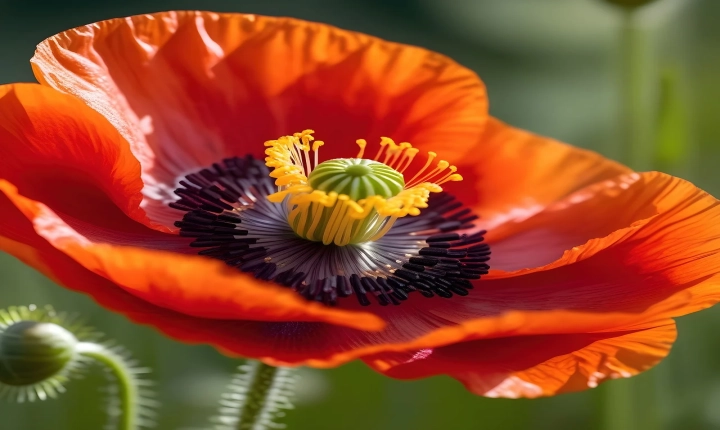Title: The Transformation of Creative Work in the Age of Generative AI
In recent years, the proliferation of generative AI technology has ushered in a new era of creativity, transforming the way artists, designers, and content creators approach their work. Generative AI refers to artificial intelligence algorithms that can autonomously produce creative output, including music, art, literature, and more. This technology has significantly impacted various creative industries, offering new tools and methods for expression, collaboration, and innovation.
One of the most notable ways generative AI is changing creative work is through its ability to assist and augment the creative process. Artists and designers can leverage generative AI tools to explore new ideas, generate visual concepts, and experiment with different styles, textures, and compositions. For example, artists can use AI-powered tools to create intricate digital paintings, generate unique 3D models, or even produce entire virtual environments. By doing so, generative AI empowers creators to expand their creative horizons and produce work that may have been previously inaccessible or unimaginable.
Moreover, generative AI has enabled new forms of collaboration and co-creation within the creative community. Artists and developers can now work alongside AI systems to jointly produce innovative and captivating content. Through this collaborative process, creators can harness the AI’s ability to analyze vast amounts of data, generate novel ideas, and iterate on designs, leading to the development of more compelling and sophisticated creative outputs. This collaborative approach not only enhances the creative process but also fosters interdisciplinary cooperation between humans and machines.
In addition to aiding in the creative process, generative AI has also opened up new avenues for personalized and adaptive content creation. Whether it’s personalized music recommendations, dynamically generated visual art, or tailored storytelling experiences, generative AI has the potential to cater to individual preferences and deliver unique, customized creations to audiences. This level of personalization can lead to more engaging and immersive experiences for consumers across various media and entertainment platforms.
Furthermore, generative AI has also challenged traditional notions of authorship and creativity, prompting discussions around the intersection of human and machine-generated art. As AI systems become increasingly proficient at generating high-quality and evocative content, questions arise about the role of the artist or creator in the production of such work. Some argue that the AI itself can be considered a co-creator or even an independent creative entity, blurring the lines between human and machine authorship.
Nevertheless, while generative AI offers numerous benefits and opportunities, it also raises significant ethical and societal considerations. Concerns about the potential displacement of human creativity, the impact on cultural and artistic authenticity, and the ethical use of AI-generated content have become focal points of debate among creative professionals and industry stakeholders.
In conclusion, generative AI is undeniably shaping the landscape of creative work in profound ways. From enhancing the creative process and fostering collaboration to enabling personalized content experiences and challenging traditional notions of authorship, generative AI is redefining how we approach and engage with creativity across a variety of fields. As the technology continues to evolve, it is crucial for the creative community to engage in ongoing discussions about the implications, ethics, and potential of generative AI to ensure that it remains a force for positive and meaningful innovation in the world of creative work.
